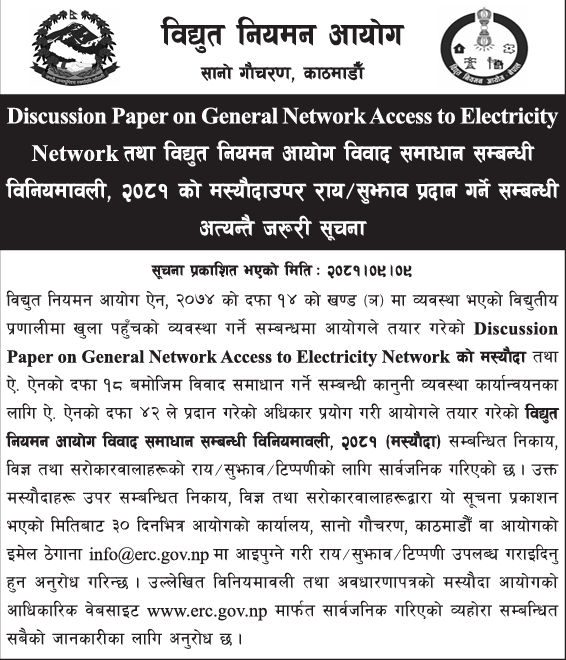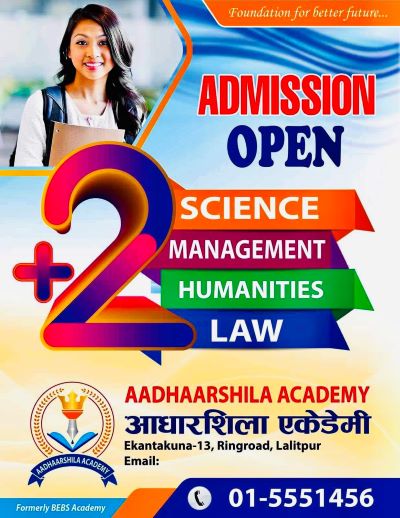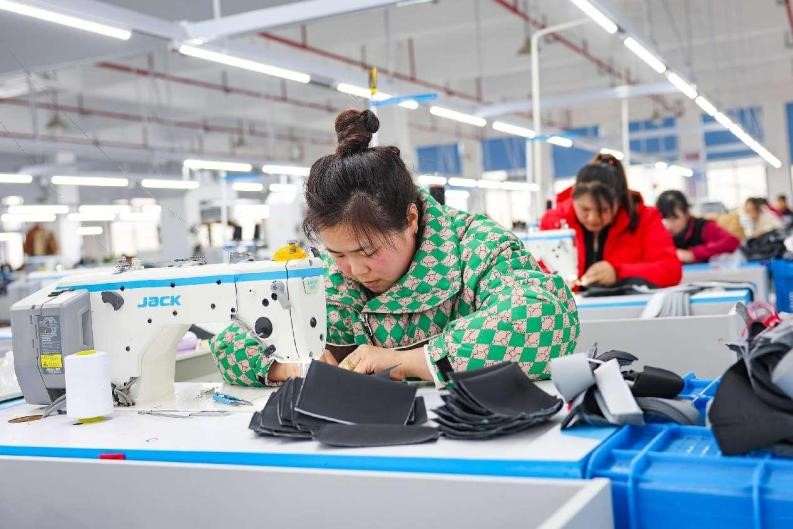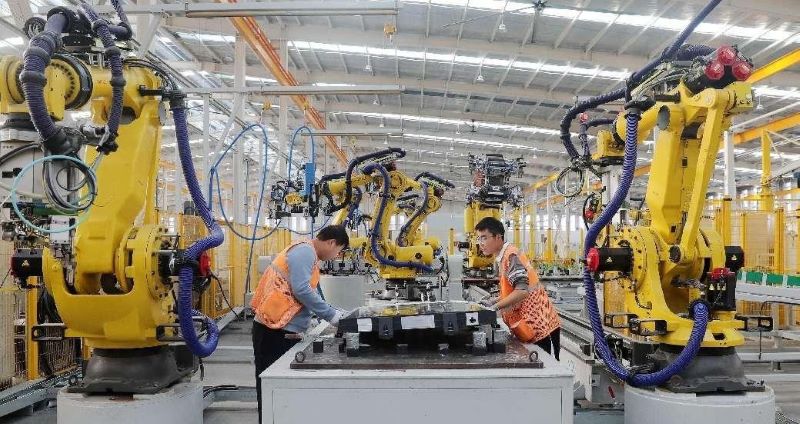IOMed advances international rule of law through innovation, improves global governance
Agency : On May 30, the signing ceremony of the Convention on the Establishment of the International Organization for Mediation (IOMed) was held in Hong Kong. High-level representatives from 85 countries across Asia, Africa, Latin America, and Europe, and nearly 20 international organizations attended the event. Among them, 33 countries signed the convention on-site, making them the founding members of the IOMed.
The establishment of the IOMed marks an innovative step in international rule of law and a major initiative by the Global South to jointly promote global governance reforms and improvements. It has great significance in the history of international relations and fully demonstrates China's commitment to contributing wisdom and solutions to global development and progress.
The establishment of the IOMed is an actualization of the purposes and principles of the UN Charter. It serves as an important public good in the field of the rule of law for better global governance.
Mediation, as is clearly stated in Article 33 of the UN Charter, is one of the first means that should be tried in seeking peaceful solutions to international disputes. However, prior to the IOMed's creation, no dedicated intergovernmental legal organization existed to address international disputes through mediation.
The IOMed fills this institutional gap by mediating in disputes between states, between states and investors in other countries, and international commercial disputes at the will of all parties. This represents a significant advancement in the development of the international rule of law.
Drawing upon the strengths of major legal systems, the IOMed respects the autonomy of the parties concerned and offers advantages of being more flexible, cost-effective, convenient, and efficient. It complements and forms synergies with litigation, arbitration, and other existing international dispute settlement mechanisms, thereby enhancing their overall effectiveness.
As the world is entering a new period of turbulence and transformation, the global demand for timely and effective conflict resolution and the need to safeguard long-term cooperative relations is growing stronger.
The proposal to establish the IOMed has received broad international support and active response, reflecting China's consistent commitment to promoting peace and resolving conflicts on the international stage.
From facilitating the reconciliation between Saudi Arabia and Iran in Beijing, to promoting intra-Palestinian reconciliation talks and the signing of the Beijing Declaration on Ending Division and Strengthening Palestinian National Unity, and to playing a constructive role in promoting the political settlement of the Ukraine crisis, the Palestinian-Israeli conflict, and issues related to the Korean Peninsula and Myanmar, China has long maintained that differences should be handled in the spirit of mutual understanding and accommodation. It advocates building consensus through dialogue and consultation, promoting development through win-win cooperation, and solving problems with a vision for the future, offering Chinese wisdom for countries seeking peaceful solutions to conflicts and differences.
The principles of resolving disputes through dialogue and mediating differences are universally embraced across civilizations. Chinese civilization, deeply rooted in the value of harmony, has long advocated peaceful coexistence. Its legal tradition values reconciliation and the non-violent conflict resolution, which aligns closely with the principles of modern international law for the peaceful settlement of disputes.
The IOMed does not impose binding rulings but instead provides an impartial platform for voluntary negotiation among parties. It upholds the principles of voluntary participation, equal consultation, and mutual benefit, respects the legitimate concerns of all parties, and strives for win-win outcomes, vividly illustrating the wisdom of harmony and peaceful coexistence.
In the long run, the birth of the IOMed can help transcend the "you-lose-I-win" zero-sum mentality, promote the amicable resolution of international disputes, and foster more harmonious international relations.
The IOMed is a legal public good for improving global governance contributed by countries of the Global South. It will make a significant contribution to upholding international equity and justice.
As the trend toward a multipolar world and greater democracy in international relations gathers momentum, the Global South has transformed from a "silent majority" in international politics to an important force in maintaining peace, driving development, and improving global governance.
Countries from the Global South have actively supported and participated in the establishment of the IOMed, widely recognizing it as consistent with the purposes and principles of the UN Charter and reflective of the values of respect, mutual trust, fairness, and harmony. The IOMed is broadly viewed as an effective measure for strengthening multilateralism.
Looking ahead, the organization will uphold the true spirit of the rule of law, strike a balance between procedural justice and substantive justice, expand the participation of developing countries, and steer international dispute settlement mechanisms toward greater equity and inclusiveness, thereby increasing the representation and voice of the Global South in global governance.
The preamble to the UN Charter solemnly states the commitment "to practice tolerance and live together in peace with one another as good neighbors, and to unite our strength to maintain international peace and security." This aspiration captures the common vision of the international community.
Looking to the future, as long as all parties make good use of mediation and approach disputes with mutual understanding, they can turn conflict into cooperation, replace confrontation with dialogue, and move forward on the path toward building a community with a shared future for mankind.
-By He Yin, People's Daily















प्रतिकृया दिनुहोस